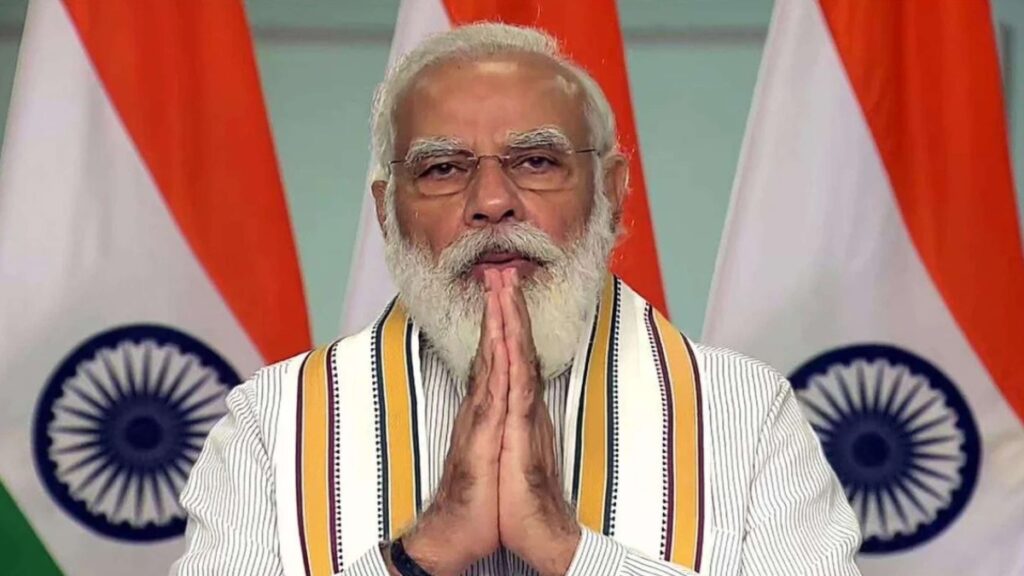
Prime Minister Narendra Modi chaired a high-level meeting on Tuesday in the aftermath of a drone attack on a Jammu air force station and reports of more unmanned aircraft systems (UAS) in the region. There were discussions about putting together a broad-based policy quickly to deal with emerging security threats and the country’s future challenges.
At the meeting, topics such as airspace management, the regulatory framework for the use of drones, their utility as future delivery systems, air passages where they can operate, and security concerns were discussed.
Union home minister Amit Shah, defence minister Rajnath Singh, civil aviation minister Hardeep Puri, and national security adviser Ajit Doval were all present at the meeting.
The defence ministry, as well as the three services, will play a key role in the policymaking process. The Indian Air Force’s (IAF) air defence units are in charge of monitoring all manned and unmanned air operations in the country’s airspace.
The three forces have been told to concentrate on closing the gaps in their ability to deal effectively with new-age challenges such as drone attacks and to seek out the necessary hardware to do so.
The meeting in Delhi also discussed a variety of other topics, such as providing modern equipment to security forces and involving more young people, start-ups, and the strategic community in the field.
The news agency also stated that in the coming weeks and months, the three service chiefs, as well as key national security planners, will hold a series of meetings to expedite the policy’s development.
G Satheesh Reddy, the head of the Defence Research and Development Organisation (DRDO), has already stated that his organisation has counter-drone technology that could allow the armed forces to quickly detect, intercept, and destroy small UAS that pose a security threat.
He claimed that DRDO’s anti-drone system would provide the military with both “soft kill” and “hard kill” options for dealing with the new and rapidly emerging aerial threat.
Meanwhile, in the aftermath of the Jammu attack, the Indian Air Force has beefed up security at all of its border bases. The Lashkar-e-Taiba (LeT), a Pakistan-based terror group, is suspected of being behind the attack, according to Director General of Jammu and Kashmir Police Dilbag Singh.





